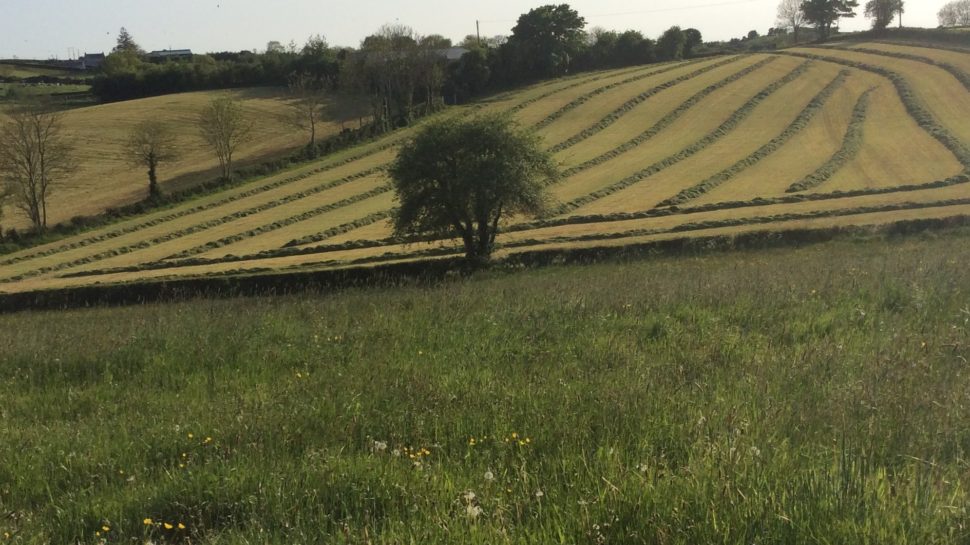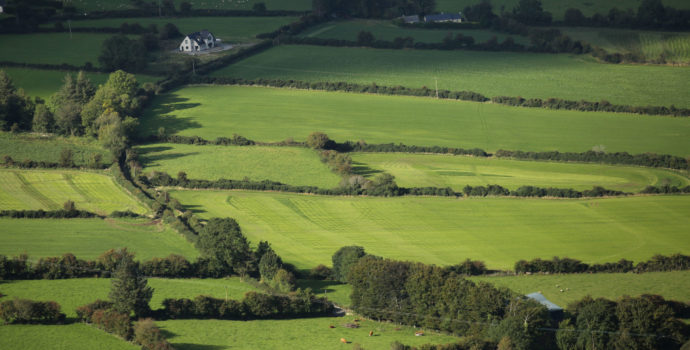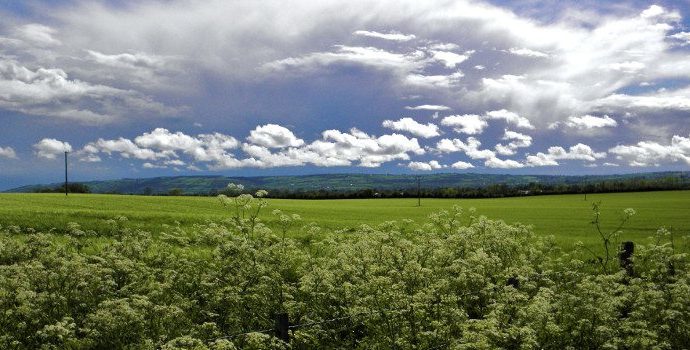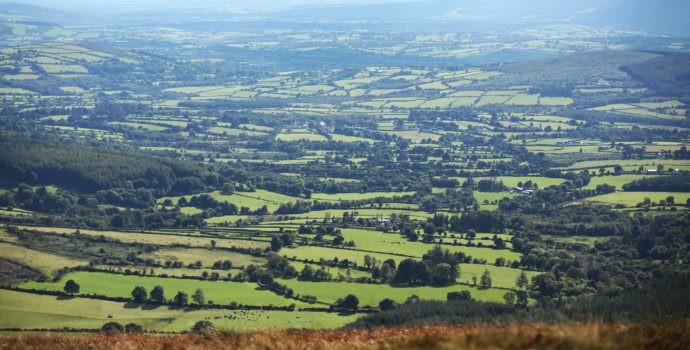
Reacting to the publication of the Government’s climate plan, IFA President Joe Healy said the targets set today are very demanding for agriculture.
“While the Teagasc roadmap can play its part in reducing greenhouse gas emissions, the targets require focused policy actions. We need a committed, whole-of-Government approach to the Teagasc roadmap,” he said.
“The critical issue for farm families is that our low-carbon agri-food sector, which is Ireland’s largest indigenous sector, is fully recognised and not jeopardised by this climate plan,” he said.
“On dairy farming, the removal of quotas in 2015 has released pent-up demand for expansion. While this has had an effect on emissions, it has also had a very positive impact for farm families and rural Ireland. We must not forget that we are the most carbon efficient country in Europe for dairy production. Any restrictions here would lead to an increase in production in less carbon efficient regions,” he said.
On beef farming, suckler farming is our largest enterprise and it contributes hugely to the rural economy. Reducing the suckler herd would have huge consequences for the economic and social sustainability of rural Ireland.
“The national cattle herd in Ireland is below where it was in the mid-90s and we have an extensive grass-based production system which is the envy of the world,” he said.
“Farmers cannot understand why the EU is hellbent on doing a trade deal with South America which will see more Brazilian beef coming into Europe. Beef from Brazil has four times the carbon footprint of beef from Ireland. It’s contradictory to EU climate policy and makes no sense,” he said.
IFA will be studying the plan in detail and we will be discussing it with relevant Committees and at our National Council meeting on July 9th.




